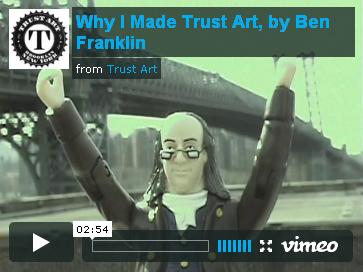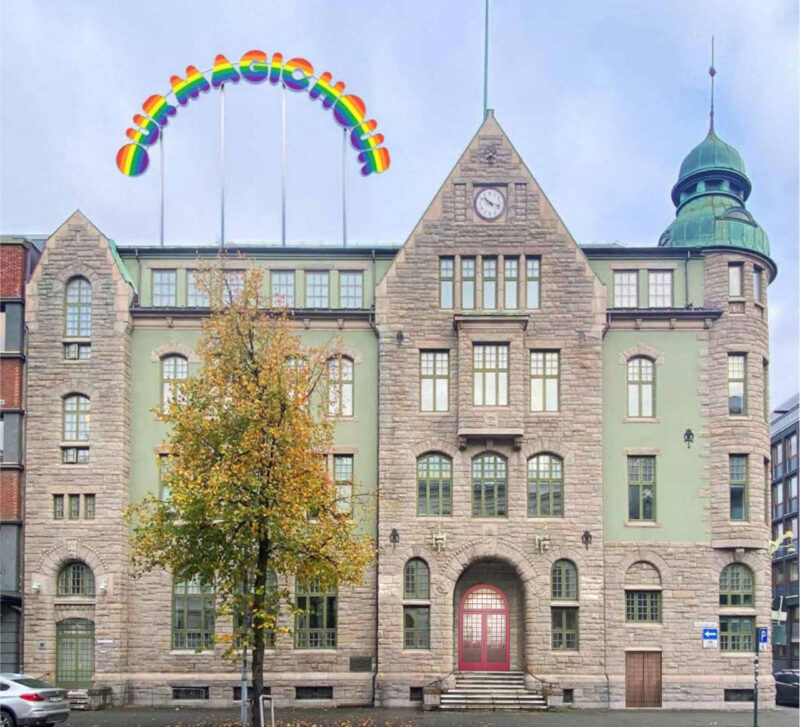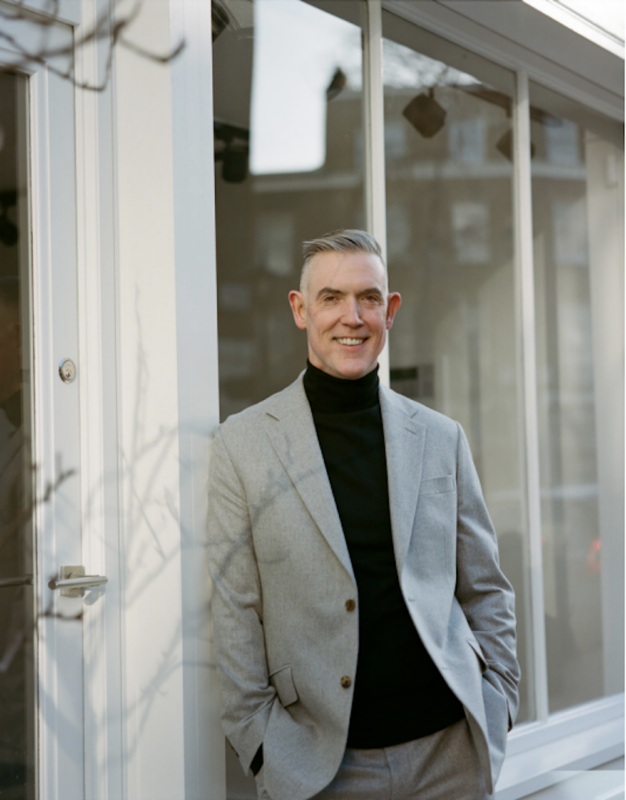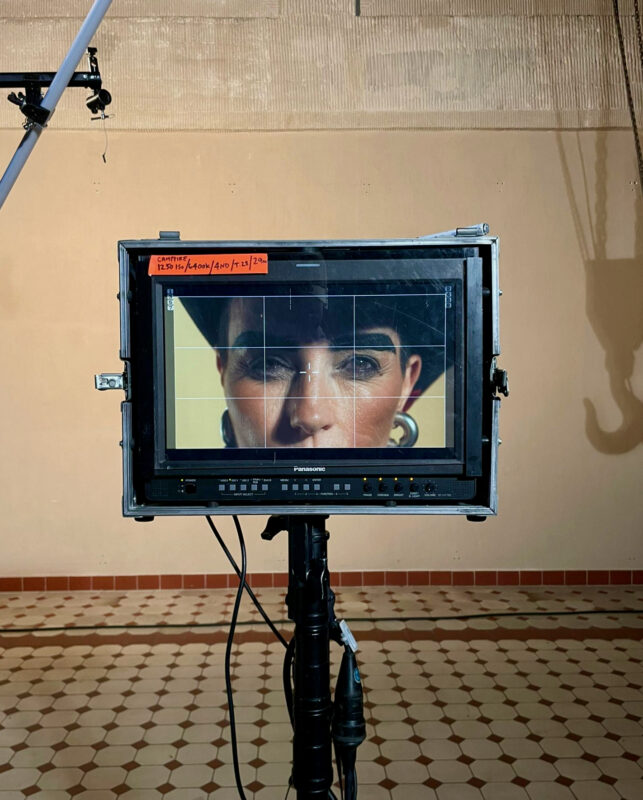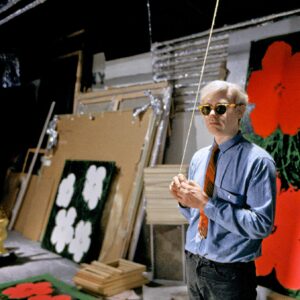Through a microfinance model much like the stock market, consumers can invest in—and profit from—public art projects they like.
Trust Art is a social platform that aims to commission 10 public works of art over the next year. A select group of artists were invited to propose their dream projects and to realistically assess what it would take to bring their projects to life—including material costs, travel and other logistical expenses. The Trust Art website includes descriptions of those projects and costs, along with current updates. Each project is then assigned a certain number of shares—equal to twice its funding target—and half of those shares are automatically assigned to the participating artist. The rest are put up for sale, and consumers are invited to become shareholders in any project with as little as USD 1, giving them access to the artists and network of shareholders as well as special events. Next spring, each public project will be represented by a private piece of art that will be publicly auctioned. Proceeds from those sales will first go toward paying for the auction and paying back shareholders relative to their individual contributions; after that, the rest will be split 50/50 between the artists and the network of shareholders—again, relative to how much they originally invested.
The initiative’s website explains: “Trust Art is a radical experiment in raising capital for social art. Its starting point is the assertion that social art can more easily raise social capital (i.e. networks of people interested in and talking about it), and therefore it should be able to more easily raise financial capital (because this is more easily raised as groups grow). So Trust Art exploits social networks of people (some already connected, some newly connected) to add value to social art.”
